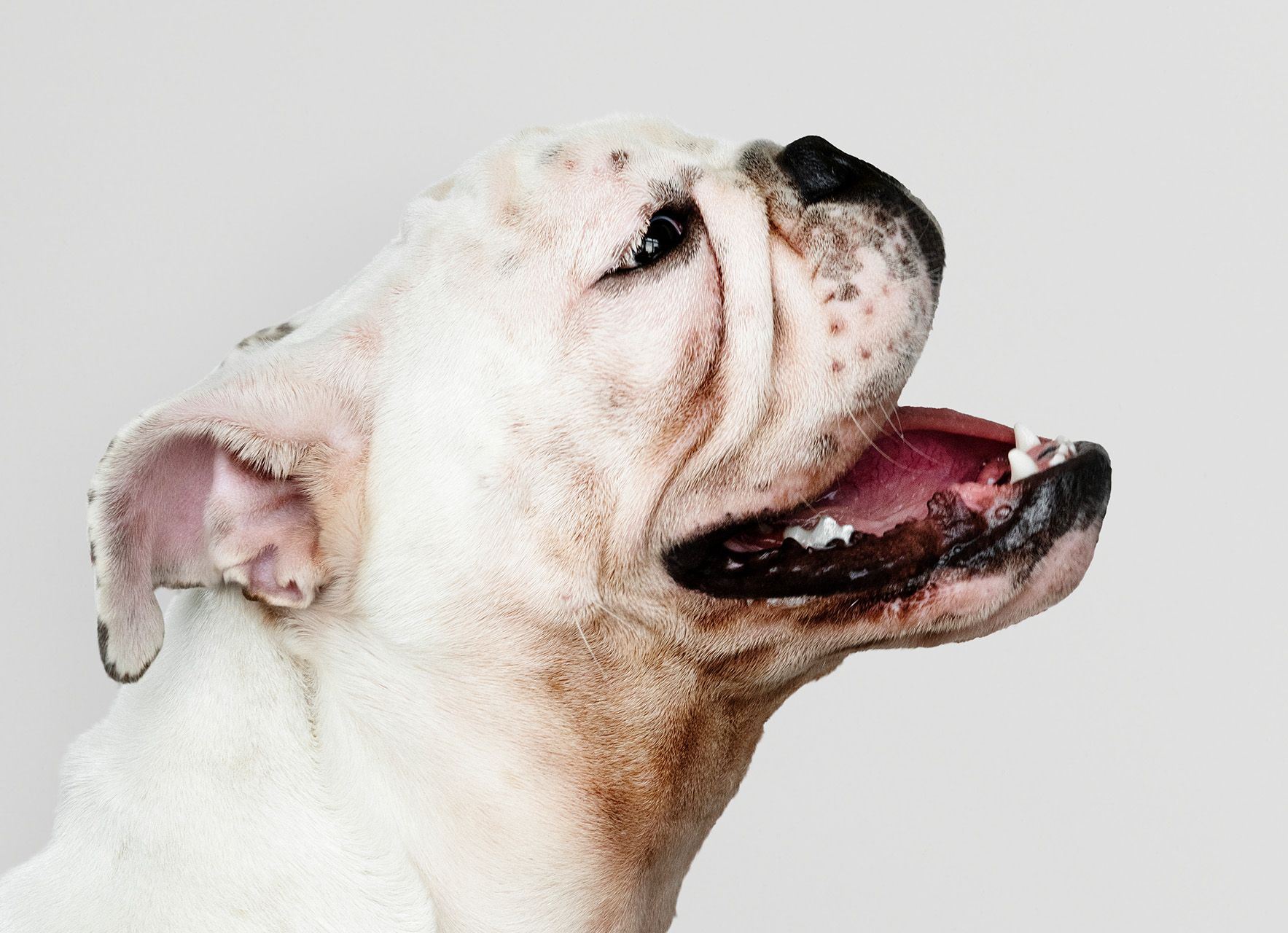Dog Dandruff: Causes and How to Get Rid of It | Your Comprehensive Guide
As a devoted pet owner, you strive to ensure the utmost well-being of your beloved four-legged friend. You provide them with the finest nutrition, regular exercise, and shower them with love and attention.

Dog dandruff can be a persistent problem that affects the overall well-being of your furry companion. Not only can it lead to discomfort and itchiness, but it may also indicate an underlying health issue.
In this comprehensive guide, we will delve into the causes of dog dandruff and provide you with practical tips on how to get rid of it, restoring your pup's coat to its former glory.
Understanding the Causes:
- Dry Skin: Dry air, lack of proper grooming, or specific breeds prone to dryness can result in dog dandruff. When your dog's skin lacks moisture, it becomes flaky and produces visible dandruff.
- Allergies: Just like humans, dogs can develop allergies to various substances, including certain foods, environmental factors, or even fleas. Allergic reactions can trigger dandruff, causing discomfort for your furry friend.
- Poor Diet: Nutrition plays a significant role in maintaining your dog's skin health. A diet lacking essential fatty acids, vitamins, or minerals can lead to dry skin and dandruff problems. Ensuring a well-balanced diet is crucial for your dog's overall well-being.
- Underlying Medical Conditions: In some cases, dog dandruff can be a symptom of an underlying medical condition, such as hormonal imbalances, fungal infections, or seborrheic dermatitis. If you suspect a medical issue, consult your veterinarian for a proper diagnosis and treatment.
How to Get Rid of Dog Dandruff:
- Regular Brushing: Brushing your dog's coat regularly helps remove dead skin cells and distributes natural oils, promoting a healthier skin and coat. Opt for a soft-bristle brush or a grooming mitt suitable for your dog's coat type.
- Bathing: Regular baths with a moisturizing shampoo designed specifically for dogs can help combat dryness and reduce dandruff. Avoid using human shampoos, as they may contain ingredients that could irritate your dog's skin.
- Moisturizing: Consider using a veterinarian-recommended moisturizer or coat conditioner to alleviate dryness and reduce dandruff. These products help nourish your dog's skin, restoring moisture and promoting a healthier coat.
- Balanced Diet: Ensure your dog's diet includes high-quality food with essential fatty acids, vitamins, and minerals. Consult your veterinarian to determine the best diet for your dog's specific needs, including any supplements that may be beneficial.
- Allergy Management: If your dog's dandruff is caused by allergies, identify and manage the allergens. Your veterinarian can conduct tests to determine the specific allergens and recommend appropriate treatment options, such as allergy shots or dietary changes.
- Veterinary Consultation: If home remedies do not improve your dog's dandruff or if you suspect an underlying medical condition, consult your veterinarian. They can perform a thorough examination, recommend suitable treatments, and address any concerns you may have.
These products below are the general ones we use on our clan.
Shampoo:


Creams and Balms:





